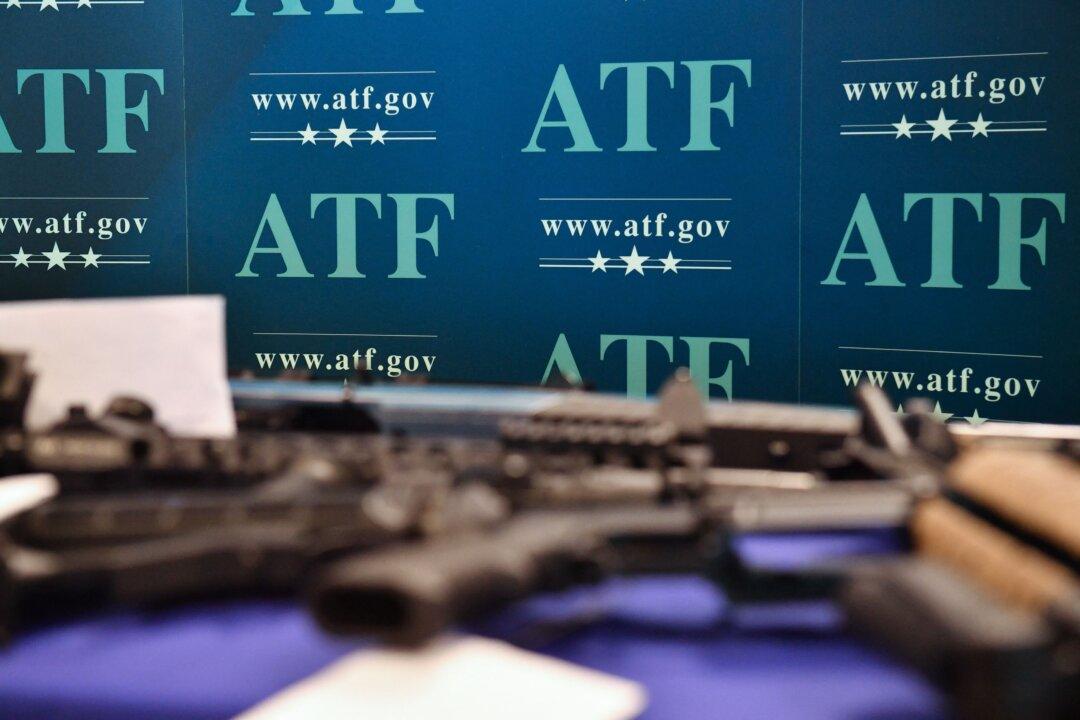Forty years ago, the National Commission on Excellence in Education issued a report entitled “A Nation at Risk.” The report warned that the country’s global influence would be diminished if improvements weren’t made.
Attendees of the Reagan Institute’s Summit on Education said the Nation’s Report Card for 2022 indicates the challenges still exist.
“We’ve got some really hard issues ahead of us, not only in education but as a society,” said Condoleezza Rice, former U.S. secretary of state and current director of the Hoover Institution at Stanford University.
“‘A Nation at Risk’ was a wake-up call. I’m not sure that we didn’t at some time hit the snooze button,” Rice said.

The report card showed that American 8th Graders scored an average of 150 in civics. This is down three points from 2018 and the same level reported in 1990. The NAEP considers a score of 136 to show basic civics knowledge. Those scoring 177 are deemed proficient.
In history, 8th graders scored 258, down from a high of 267 in 2014. For history, a score of 252 is basic, and 294 is proficient.
The report card measured the reading and math skills of 4th and 8th graders. Those scores also decreased.
Fourth-grade reading scores dropped seven points from 227 in 2019 to 220 in 2022. Fourth-grade reading scores are 208 for basic knowledge, and 238 is considered proficient.
Need to Ensure Basic Skills
“We need to ensure they have those basic skills,” Spellings said.The participants said pandemic-related school closings inflamed already existing problems in education. Absenteeism, apathy, and learning difficulties were made worse when schools closed.
Tom Toch is the director of FutureEd at Georgetown University. He said kids that didn’t show up for school when it was open weren’t any more motivated to do online school. And that has a direct effect on learning.
“You can’t learn if you’re not in school,” he said.
Toch and others pointed out that the technology that made remote schooling possible has also contributed to the challenges presented today.
Students from low-income families and areas with unreliable internet service were also impacted during the pandemic as many could not attend online classes. And parents who suddenly got a window into their child’s classroom are asking questions about the curriculum. Teachers and administrators unaccustomed to such parental involvement have reacted, with much of the conflict boiling over onto social media.
Spellings said it all shows that teachers and students of today are not in the classrooms of 1983.
Civics is Key
Yuval Levin, senior fellow at the American Enterprise Institute, said that civics is key to seeing Americans continue to prosper. According to Levin, just 22 percent of 8th graders are proficient in civics, according to the report card. This indicates a problem beyond ignorance of the electoral college or how a bicameral legislature works.“Our government requires a certain type of person,” Levin said. “That person has to be formed by the broader institutions of our society.”
According to Levin, studying the civics system designed by the founders requires responsible citizens. He said civics education is a formation process in which students learn to respect others’ views while being accountable for their own.
“That’s a skill you learn by watching people you respect engage in it,” Levin said. “Unity does not mean thinking alike; it means to act together.”
Eric Liu, co-founder and CEO of Citizen University, and Louise Dube, executive director of iCivics, joined Levin in discussing the importance of teaching civics. They said that the cultural battles on social media show a society heading toward destruction. They said the key to cultural survival is understanding that people who disagree can still work toward a common goal.
“Literally, no party has a monopoly on truth,” Liu said.





